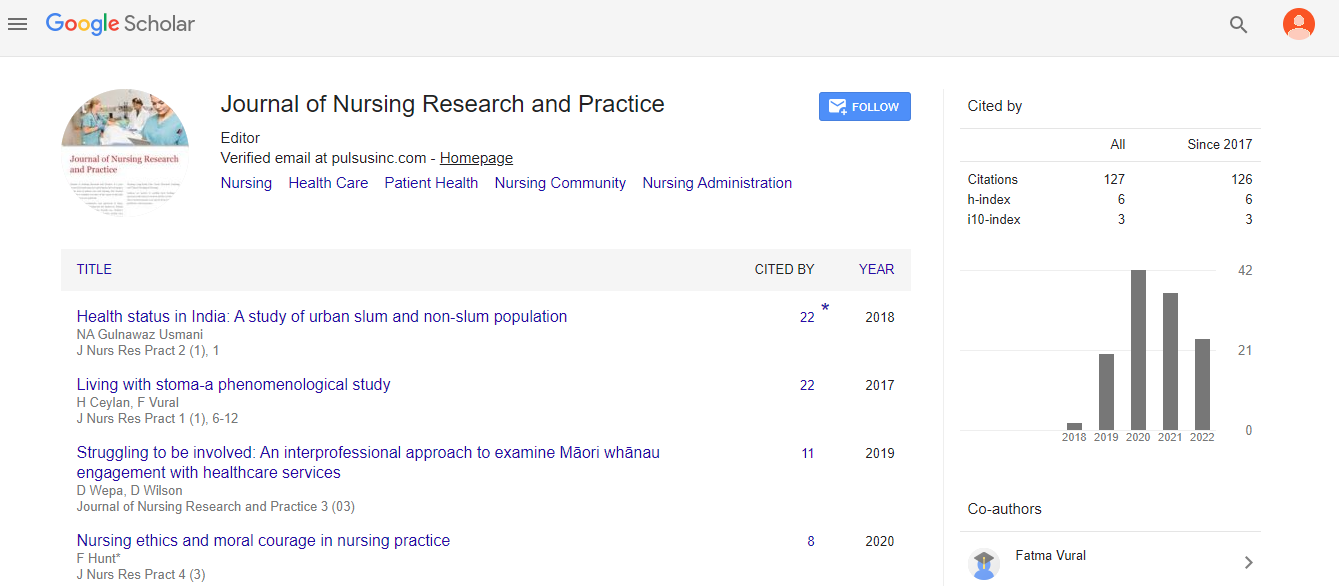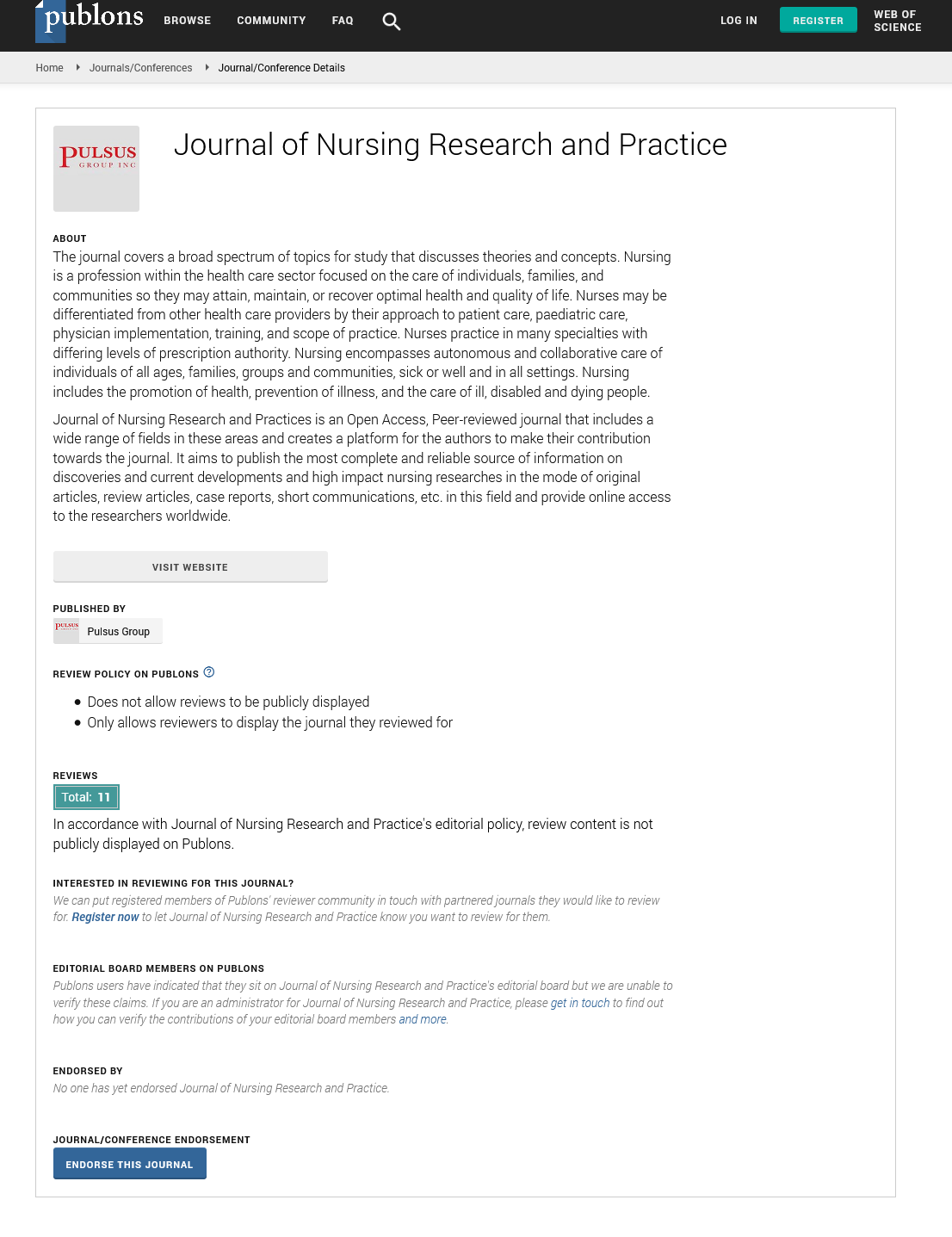
Sign up for email alert when new content gets added: Sign up
Understanding the need, value and role of midwives in healthcare
Joint Event on World Nursing Education and Evidence Based Practice Conference & 4th International Heart Conference
April 22-23, 2019 Dubai, UAE
Ntombi Khaya Msimango
Starcare Hospital, Oman
Keynote: J Nursing Research and Practice
Abstract :
Increasing women’s access to quality midwifery has become a focus of global efforts to realize the right of every woman to the best possible health care during pregnancy and childbirth (WHO, 2018). Midwifery is one of the most ancient practices in the world. It even features in early Egyptian and Roman scrolls. Its popularity had decreased and is now seeing an increase in global attention.
Globally, there have many reports on the increased demand of midwives as well the shortage of these midwives. In 2018, the department of health and social care in the UK reported that more than 3000 training course places would be created over the next 4 years in the “largest ever” investment in midwifery training, as part of the plans to meet NHS staffing demands. The Royal College of Midwifery chief executive and general secretary Gill Walton said:“ This is a very long overdue acknowledgement by the government that England’s maternity services need more midwives.” In addition to this, the World Health Organization has stated on numerous occasions that more midwives are needed to improve maternal and newborn survival.
In 2011, the United Nations Population Fund (UNFPA) published a report – The state of the world’s midwifery 2011: delivering health, saving lives- that offered a comprehensive look at midwifery around the globe. The reports analysis of 58 countries showed that there was a global shortage of an estimated 350000 midwives, at least a 3rd of whom were needed in the world’s poorest countries.
Midwifery has come to the fore since maternal and newborn health were made the focus of the two Millennium Development Goals (MDG’s). In 2006, the World Health Organisation estimated that the world needs 4.2 million more health workers, with 1.5 million of those needed in African countries alone. The State of the World’s Midwifery (SoWMy) 2014 report, which examines the global midwifery landscape across 73 low-and middle -income countries, calls for urgent investment in high- quality midwifery to prevent about two thirds of all maternal and newborn deaths- saving millions of lives every year. Therefore, one can gather that the world is facing an acute shortage of healthcare workers.
However, midwifery experts say that for a profession that is so old, it is remarkably poorly understood. Midwives do far more than just catch babies. The impact that midwives have is not just on pregnancy outcomes, but extends to newborn care, breastfeeding, family planning, and sometimes also cervical and breast cancer screening. Decades of neglect of the role of midwives, either because of the over-medicalization of pregnancy care or a lack of resources, has left a legacy of high rates of maternal and newborn mortality in developing countries (Bulletin of the World Health Organisation, 2013).
According to ITV News report in 2018, women who use the continuity model of care in the UK are 19% less likely to miscarry and 16% less likely to lose their baby and 24% less likely to give birth prematurely. This report was based on the provision of a dedicated team of midwives that will be with the mother from pregnancy to labour to new parent. In addition, statistics are clear that having a dedicated team of midwives reduces the occurrence of stillbirths, miscarriages and neonatal death.
Biography :
Ntombi Khaya Msimango is currently working as a deputy chief nursing officer in Starcare Hospital Oman. She is an experienced Midwife with a demonstrated history of working in the hospital & health care industry. Skilled in Management, Customer Service, Strategic Planning, Healthcare, and Leadership. Experienced Private Practitioner focused on Water Birth delivery, baby friendly care and alternative non pharmacological pain relief. Strong healthcare services professional with a bachelor’s degree focused in Community Health, Midwifery, Psychiatry. Registered Nurse from University of Johannesburg.
E-mail: khayamango@gmail.com





